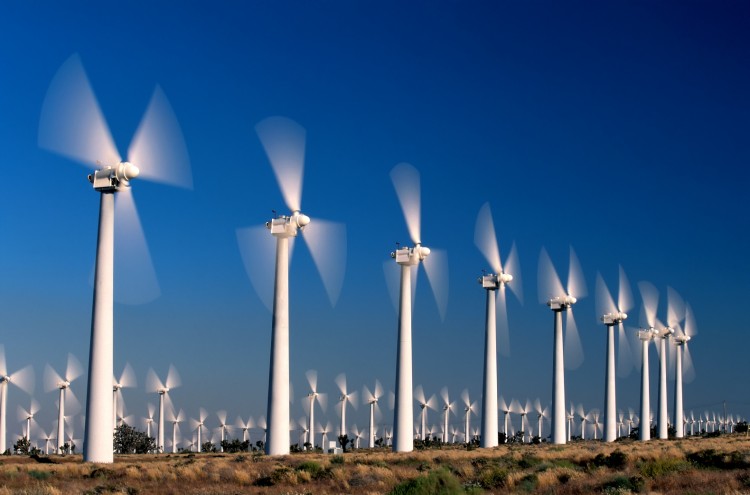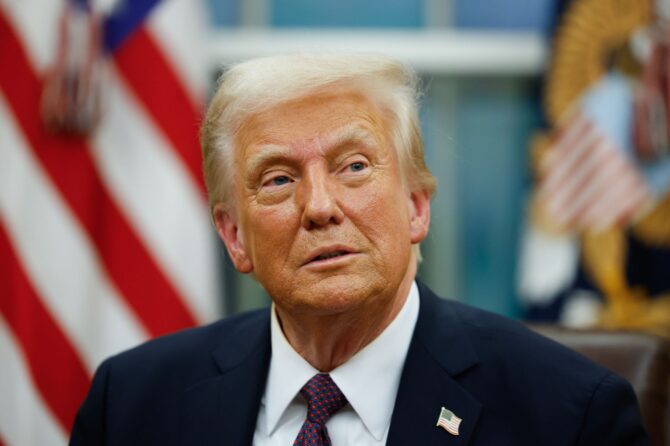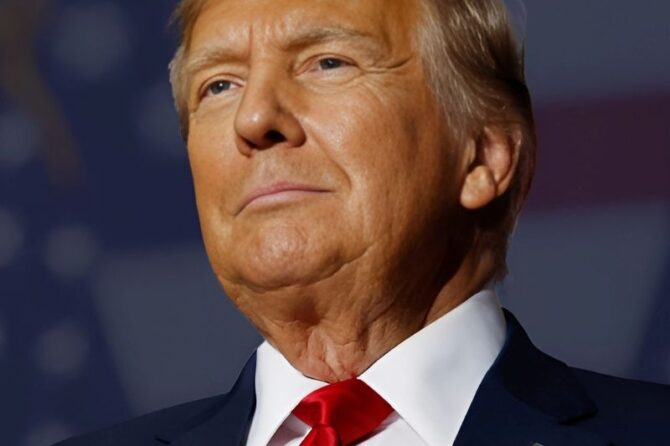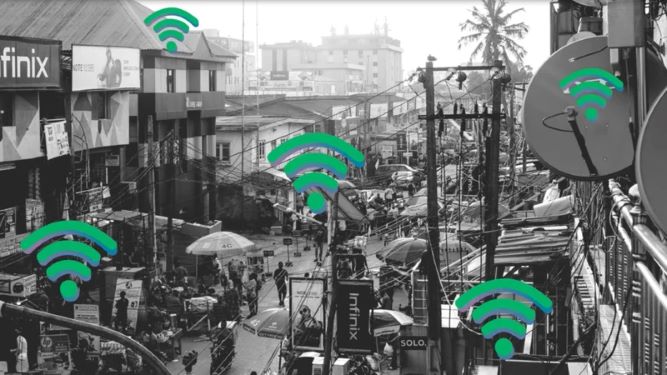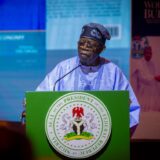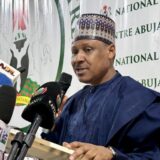Egypt’s Suez Wind Project Gains Momentum with $170 Million African Development Bank Loan
In a significant step toward advancing renewable energy in Africa, the African Development Bank (AfDB) has approved a $170 million loan to support Egypt’s largest wind energy initiative, the 1.1 GW Suez Wind Project. This landmark project, valued at $1.1 billion, is set to be a transformative force in the region’s clean energy landscape. The funding complements contributions from a consortium of Development Finance Institutions (DFIs), banks, and private financial entities, highlighting a collective push towards sustainable energy in Egypt.
Strategic Importance and Economic Context
Egypt has faced significant economic challenges in recent years, including foreign currency shortages and fiscal pressures. Initiatives such as the Suez Wind Project are vital in diversifying the country’s energy portfolio and reducing dependence on costly fossil fuel imports. The project aligns with Egypt’s goal to achieve 42% renewable energy in its mix by 2030, a key component of its broader economic recovery and sustainability strategy.
Key Project Features
The Suez Wind Project will consist of two sites along the Gulf of Suez, each with a capacity of 550 MW. The Egyptian Electricity Transmission Company (EETC) will purchase the power produced under a 25-year agreement, ensuring long-term stability and energy reliability. Once operational, the wind farm is expected to produce 4,111 GWh of electricity annually—enough to power over one million homes—and reduce carbon emissions by 1.71 million tons per year.
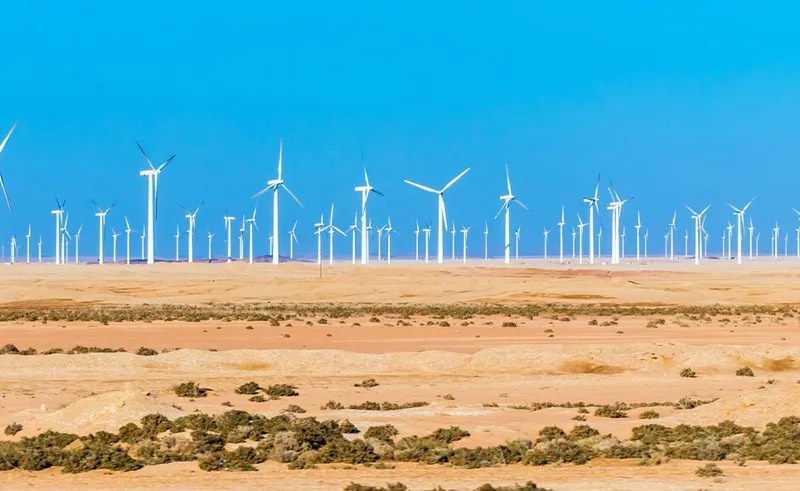
Broader Implications
Economic Impact:
The project is expected to stimulate local economic growth by creating jobs and fostering technological advancements in renewable energy. Additionally, the Golden License awarded by the Egyptian government underscores the project’s strategic importance, streamlining its implementation process and boosting investor confidence.
Environmental Significance:
By contributing to Egypt’s climate commitments under the Paris Agreement, the wind farm represents a pivotal step in the country’s environmental policy. The reduction in carbon emissions will not only mitigate climate change impacts but also position Egypt as a leader in sustainable energy within Africa.
Regional Influence:
Kevin Kariuki, AfDB Vice President for Power and Energy, emphasized the project’s potential to set a precedent for other African nations. Wale Shonibare, Director of Energy Financial Solutions, highlighted its role in showcasing Africa’s renewable energy capabilities, promoting partnerships, and driving continental energy transitions.
Potential Challenges and Predictions
While the project holds promise, challenges such as regulatory hurdles, potential construction delays, and the need for consistent foreign investment remain. Ensuring the smooth execution of the 25-year Power Purchase Agreement will be crucial for long-term success. Nevertheless, if successful, the Suez Wind Project could serve as a blueprint for similar initiatives across Africa, demonstrating the power of strategic partnerships and sustainable development.
Conclusion
The African Development Bank’s investment in the Suez Wind Project signifies a crucial step towards a sustainable energy future for Egypt and the African continent. As the project progresses, its success could unlock further renewable energy opportunities, contributing to economic resilience and environmental stewardship across the region.


